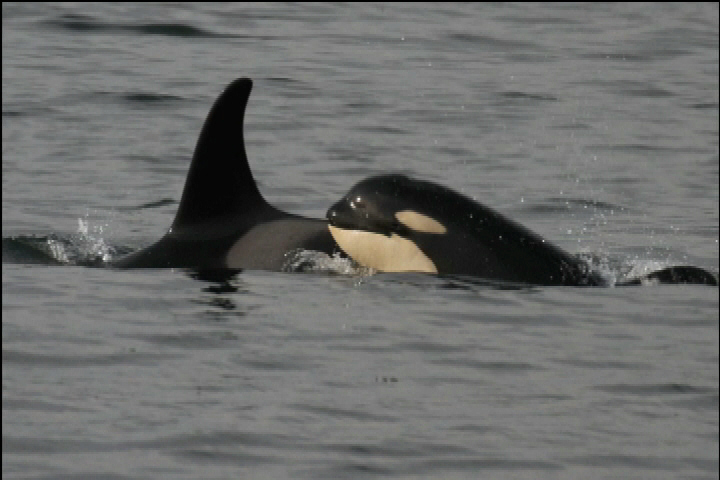
WATCH: They are a living symbol of the west coast. But the southern resident orca population is rapidly dwindling. Pulling them back from the brink of extinction was the focus of a conference organized by the Department of Fisheries and Oceans Canada in Vancouver today. And as Mary Griffin reports, many say the last opportunity to save the orcas is now.
The co-owner of Springtide Victoria Whale Watching, Dan Kukat, greeted a group of tourists heading out on a Zodiac boat on Wednesday. Despite the drizzle, these tourists didn’t mind the fall weather.
All the tourists had one thing on their minds, seeing a killer whale in the wild. For many, they say it would be a life-changing experience to see the southern resident orcas up close.
But what these tourists may not know is the whales are in crisis.
“We’ve been doing this for 24 seasons now in downtown Victoria,” Kukat said. “This is by far the lowest sighting incidents of southern resident killer whales of any pod; J-pod, K-pod, or L-pod, that we’ve had in those 24 years.”
The population of the three pods is dwindling. There were 89 twenty years ago, to just 76 today. Recent photos of J-pod taken near Campbell River, indicate they are travelling long distances in search of chinook salmon. Paul Spong, a whale researcher with Ocralab on Hanson Island, he says the situation with the whales is critical due to a lack of chinook salmon.
“The situation with salmon is something that is an absolute crisis,” Spong said. “It’s a problem for the northern residents, it’s a crisis for the southern residents.”
Two-year-old J52 died in September. Scientists suspect the young orca died of malnutrition and saving the species is the focus of a symposium underway in Vancouver. The time for action, according to Christianne Wilhelmson, the executive director of the Georgia Strait Alliance, is now.
READ MORE: Pacific Northwest killer whale believed to have died from malnutrition
“They are on the edge of extinction,” Wilhelmson said. “And if we don’t take urgent, emergency action today, we may lose them. We absolutely need some short and medium and long-term goals.
Measures include shutting down the chinook sport fishery and banning logging near salmon-bearing streams.
The University of Victoria’s Ocean Networks Canada is monitoring the coast, including the endangered southern resident orca habitat.
On Wednesday, Fisheries and Oceans Canada was announced the initiative is getting $7.2 million in new funding from the federal government as part of a $.15 billion Ocean Protection Plan. The money will go toward helping collect data on sea-surface to help with navigation and emergency response. It will also help measure underwater noise in specific habitats to provide insight into what needs to be done to protect species such as killer whales.
However, even politicians are getting worried, but Liberal MP Terry Beech, who is attending the symposium, is not promising immediate action by Ottawa.
“It’s incredibly alarming. It’s very important, British Columbians have made it clear that we need to protect the J-pod,” Beech said. “It’s an iconic species that everyone in British Columbia cares about.”





